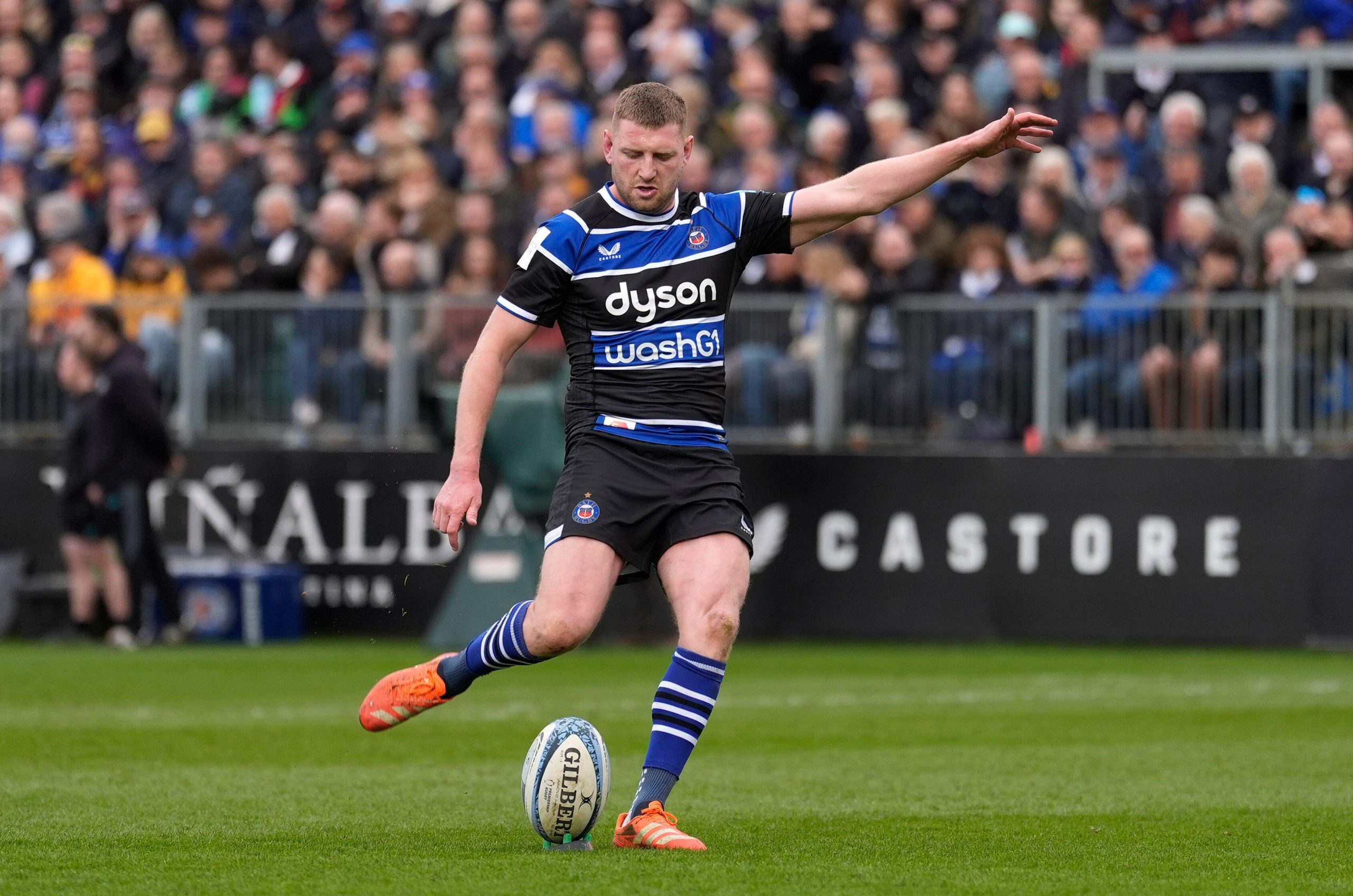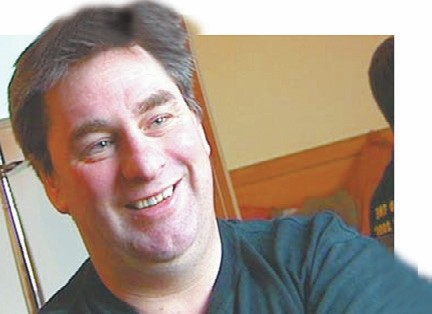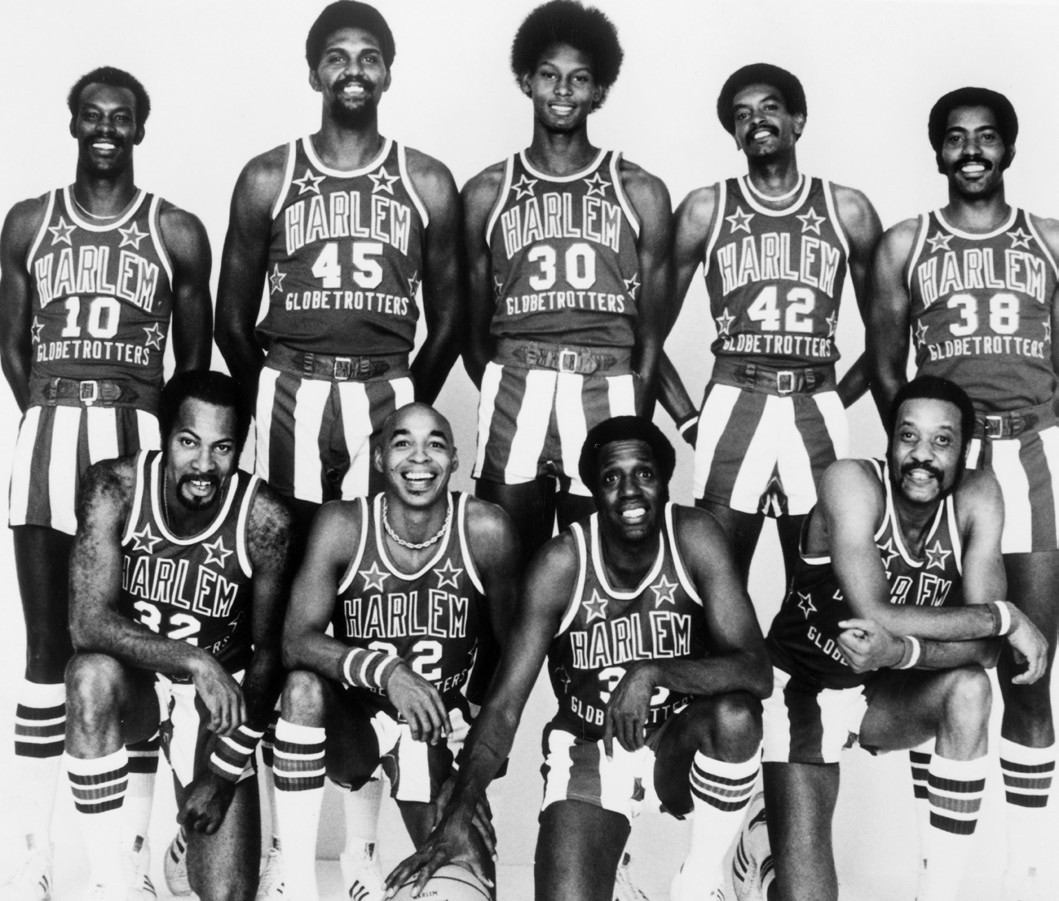 Gregor Townsend, who did rather more than simply survive five seasons of club rugby in France, has always insisted that one day he will write a book on rugby there and should he ever carry out that threat the spectacular if painful events of last Sunday at Stade Felix Mayol will surely feature prominently.
Gregor Townsend, who did rather more than simply survive five seasons of club rugby in France, has always insisted that one day he will write a book on rugby there and should he ever carry out that threat the spectacular if painful events of last Sunday at Stade Felix Mayol will surely feature prominently.
It was all there, beauty and the beast. Billionaire owner-president, packed stadium, brutish Toulon pack supported by a star-studded back division and a volatile home crowd who lapped up rugby from the gods in the first half but jeered those same Toulon players after the break as Glasgow hit back. And all this played out alongside the shimmering Mediterranean on an October afternoon borrowed from high summer.
French rugby has always loomed large in Townsend’s career, dishing out any number of painful lessons as well as providing career highs and his mind was racing after the game.
Could any team have matched Toulon in the first half or did Glasgow allow themselves to be out-psyched? Why did his previously rock solid Glasgow defence just melt away like butter in the hot sun? And are Toulon, with their multi-national team of many talents, so very different under coach Bernard Laporte or do they actually play just like all the great French club sides of old?
Townsend returned home to a drizzly Glasgow Monday without definitive answers but immediately started the urgent process of re-grouping ahead of today’s vital game at Scotstoun against Exeter Chiefs, who put Cardiff Blues to the sword last week. The Blues’ shock win over Toulon yesterday has blown Pool Two wide open and a Glasgow win of any description this afternoon will put them right back in contention.
At the home of Scottish athletics, Glasgow need to explode out of the blocks against the Chiefs just like Toulon did against them last week. And Townsend needs to keep his troops positive. In the cold light of day he will know full well that with their four second-half tries garnering a bonus point, Glasgow actually left Toulon in much better shape after a 51-28 defeat than if they had staged a mighty rearguard action and lost 8-0 or 11-3. Such a performance would have earned the plaudits but nothing else.
“We learned a great deal last weekend in Toulon, about ourselves and the level of rugby we face in this competition,” admits Townsend. “We had gone into the match full of confidence but we were way off our best in the first half. We just didn’t put our game in place. In four of the five matches leading into Toulon we did not concede a single try and suddenly we gave away six.
“The display from our players after half-time was excellent but there is still an underlying feeling in our group of frustration and determination to put things right.
“Having watched the game a couple of times since, you have to say that some of the attacking play from Toulon was outstanding. It was like playing a very good international side, with offloads going to hand, real pace on the ball, running lines that we probably hadn’t dealt with this year. Normally, you can recover from a little error in defence, but in games like that it ends up being seven points.
“The minimum objective for every team involved in the Heineken Cup is to win one of your first two games so you are still right in the mix come December when battle commences again and that bonus point in Toulon keeps us right in this tournament but we must follow it up with a big performance against Exeter. They are a well-drilled side who run the ball more than any team in England and remind me very much of the Leinster team last year. We really do have to be switched on defensively.
“The Heineken Cup is always a mini-season in itself, like the Six Nations and has its own rapid swings of fortunes and changes of momentum. You need to stay calm but very competitive and you need strength in depth because there will be injuries and fatigue. I’ve used 36 players already this season and we ended up using 51 last season in all competitions. I am delighted with the depth Glasgow now possess.”
Townsend, still only 40, is a singular man with a rare perspective on the bigger picture – life as well as rugby – that has already greatly benefitted Glasgow in the 15 months he has been in a charge. Glasgow have a cosmopolitan feel about them and a flexible game-plan that stems from their coach who is a native of Galashiels but a citizen of the rugby world having played senior rugby in Scotland, England, Australia, South Africa and, most significantly, France.
The Glasgow boss still turns his mobile off once a week, fills the coffee pot and sits down to read Midi-Olympique from front to back, just like he did in the cosy cafes of Brive, Castres and Montpellier where he plied his trade.
Frankly the only thing missing are a rude French waiter and Johnny Hallyday on the radio. ‘Midi’ keeps his French ticking over nicely and there is something intensely satisfying about browsing through the weekly digest of the most fascinating and polyglot rugby nation on earth where he knows so many of those involved – the players, coaches and administrators.
Not that he is all starry-eyed and romantic about French rugby. Townsend’s experiences as a player in France always had a bitter-sweet tang to them with the harsh realities often tempering a naturally free spirit. That is probably their main value to him now as a young coach.
“It’s an amazing melting pot but what still strikes me is that for all the current influx of players from around the world the coaches, with one or two exceptions, are all French. There is still a very traditional core right at the centre of what they do – big physical packs, forward power and scrum-halves running the show – although the exceptional talent now at their disposal gives them more options if the desire to open up is there. What really impresses me about French club rugby right now is its geographical spread. Grenoble, Lyon, Clermont, the two Paris teams, the re-emergence of Toulon, Oyonnax up near the Alps. It’s no longer just the game of the south west. It’s everywhere.”
French rugby has undoubtedly left its mark on Townsend. When he left Northampton for Brive in 1998 he seemed on a sure-fire winner in choosing a club who had wowed Europe with their sensational playing style en route to the 1997 Heineken Cup, a triumph they nearly repeated in January 1998 against Bath. Unfortunately for Townsend that’s not quite how it worked out.
“It was a strange time,” recalls Townsend ruefully. “I was so sure it was the right move. They had been playing a great style of rugby and after two years at Northampton I was keen to experience another style and play more regularly at fly-half. In retrospect though we had seen the best of that Brive team. As soon as I arrived they seemed to become very physical, very old school and set-piece orientated. Win the home games at all costs by hook or by crook
“It definitely wasn’t what I was expecting and was in stark contrast to the rugby the French national team produced as well. Just before the move France ran Wales ragged winning 51-0 at Wembley and in my naivety was hoping for something more along those lines.
“But that’s sport. Every experience makes you better and stronger and Brive were actually very typical of the French rugby scene – most of the top clubs played like that. Toulouse always had an extra dimension but even they reverted to a heavily forward-orientated game when it suited.
“It was tough, the language was a challenge, and it took a year or so before I felt fully accepted. And the funny thing was of course that when I finally become proficient at French I suddenly discovered that a lot of the French guys spoke pretty good English in the first place. But that’s fair enough. I had some good times at Brive but it was pretty intense, I never really got used to the dressing room stuff with coach Laurent Seigne going around virtually picking fights with the players to psyche them up. At the end of that second season I moved to Castres where there also seemed to be more structure.
“It was an incredible learning experience but sometimes it seemed a pretty volatile and extreme environment. In my four seasons at Brive and Castres we had I think three changes of coaches while the home and away thing was still a big issue. In my four seasons at those two clubs I don’t think we lost more than three maybe four games at home. It was as if the team were so maxed out playing and winning at home they had little left in the tank when they played away the following week. I never understood that attitude then and don’t now.”
Townsend may never understand that laissez faire approach but has reason to thank it nonetheless after Cardiff’s heroics yesterday. It remains the Galacticos’ achilles heel – they have also lost at Oyonnax, Grenoble and Castres this season – and now Glasgow must borrow from that other French tradition and make Scotstoun a citadel. Nothing can be achieved in the Heineken Cup unless you win your home matches first.

1 Comment
You must be logged in to post a comment Login
Leave a Reply
Cancel reply
Leave a Reply
You must be logged in to post a comment.

Latest News
Charlie Elliott: Ben Youngs’ Best Career Moments

























Pingback: บทความหวยออนไลน์ lsm99